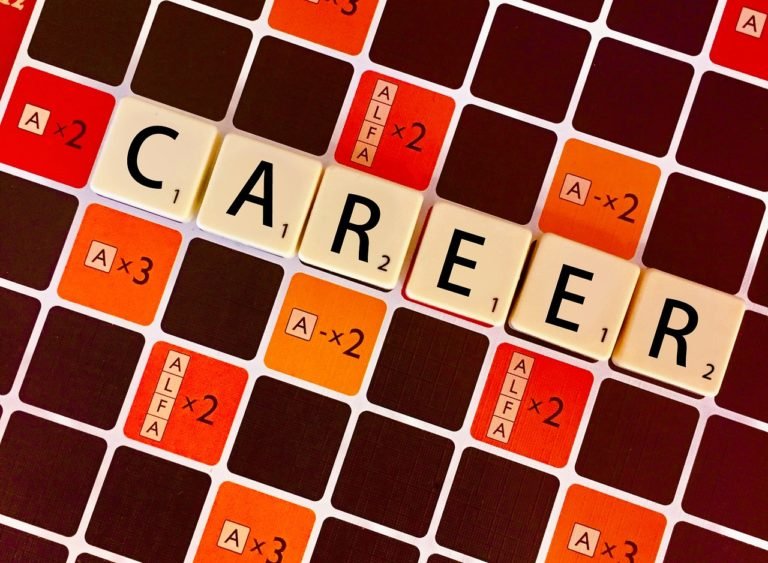Looking for a Job at a Job Fair

Let me start out by saying that although there are fewer job fairs in the current tight job market than in the past, they do still exist and should definitely be part of your job search.
Job fairs give you that rare chance to meet potential employers and hiring managers in person. This is your opportunity to have potential employers attach a face and a personality with the otherwise cold and objective resume and job application. This is particularly important if your resume doesn’t otherwise stand out.
Also, remember that employers are at job fairs for one main reason: they have jobs they need to fill. There’s a cost to an employer to set up at a job fair and they wouldn’t do so unless they were in need of qualified candidates for their openings.
As important as they are to attend, it’s equally important to learn how to prepare and how to work a job fair. The big job fairs can be confusing and overwhelming. The secret to giving yourself the best chance at landing a follow-up call and an interview is to prepare yourself in advance and then educate yourself on how to work the fair when you attend.
Let’s start out with how to properly prepare in advance for a job fair, which is almost as important as what you do when you get there.
First, Select a Manageable Number of Employers on Which to Focus
Most job fairs will publicize in advance the employers that will be in attendance. You probably won’t be able to make a quality visit to all of them, so you should decide in advance the ones on which you will concentrate your efforts. You may want to choose several ‘A’ companies that you like best, plus a few more ‘B’ companies that you’ll visit if you have time.
Next, Thoroughly Research the Companies You Select
I can’t stress this enough. You should research the companies you will be visiting at the job fair just as you would research a company to which you’re applying. For the companies on your ‘A’ list, visit their web site and to find the specific job openings that are posted. Go through their entire site and get a good sense of their goals, objectives and values. Google them and read any press releases or other online information. It will be difficult to do this depth of research for more than about three to five companies, so be sure to select your ‘A’ list carefully. The research for your ‘B’ list companies can be a bit less intensive but should still be adequate enough to talk intelligently about the company when you visit their booth.
Bring an Adequate Supply of Resumes
Bring at least 25 copies of your resume, printed on good quality (at least 20#) white paper. You may have more than one person at an employer’s booth ask for a copy, plus you’ll want to have some extra copies to give to other people you meet with whom you’d like to network. For your ‘A’ list employers, be sure to have resume copies customized specifically to each job opening they have for which you’re qualified. By itself, this will put you ahead of the vast majority of other attendees at the fair.
Prepare and Memorize a 30-45 Second Marketing Message about Yourself
I’ve worked several job fairs and I’m always amazed at the lack of preparation on the part of many of the people who visit my booth. At least half or more of them simply hand me a resume and mumble something about contacting them if I’m interested. I usually just toss these resumes in a big pile. What I’m really looking for are those job seekers who can, in 45 seconds or less, tell me who they are and why their qualifications are a good fit for my company and my specific job openings. These are the resumes that I flag for follow-up and a potential interview.
In my next post, I’ll continue with some preparation advice and then review the actions you should take when you’re at the job fair, to give yourself the best chance for a follow-up call.





